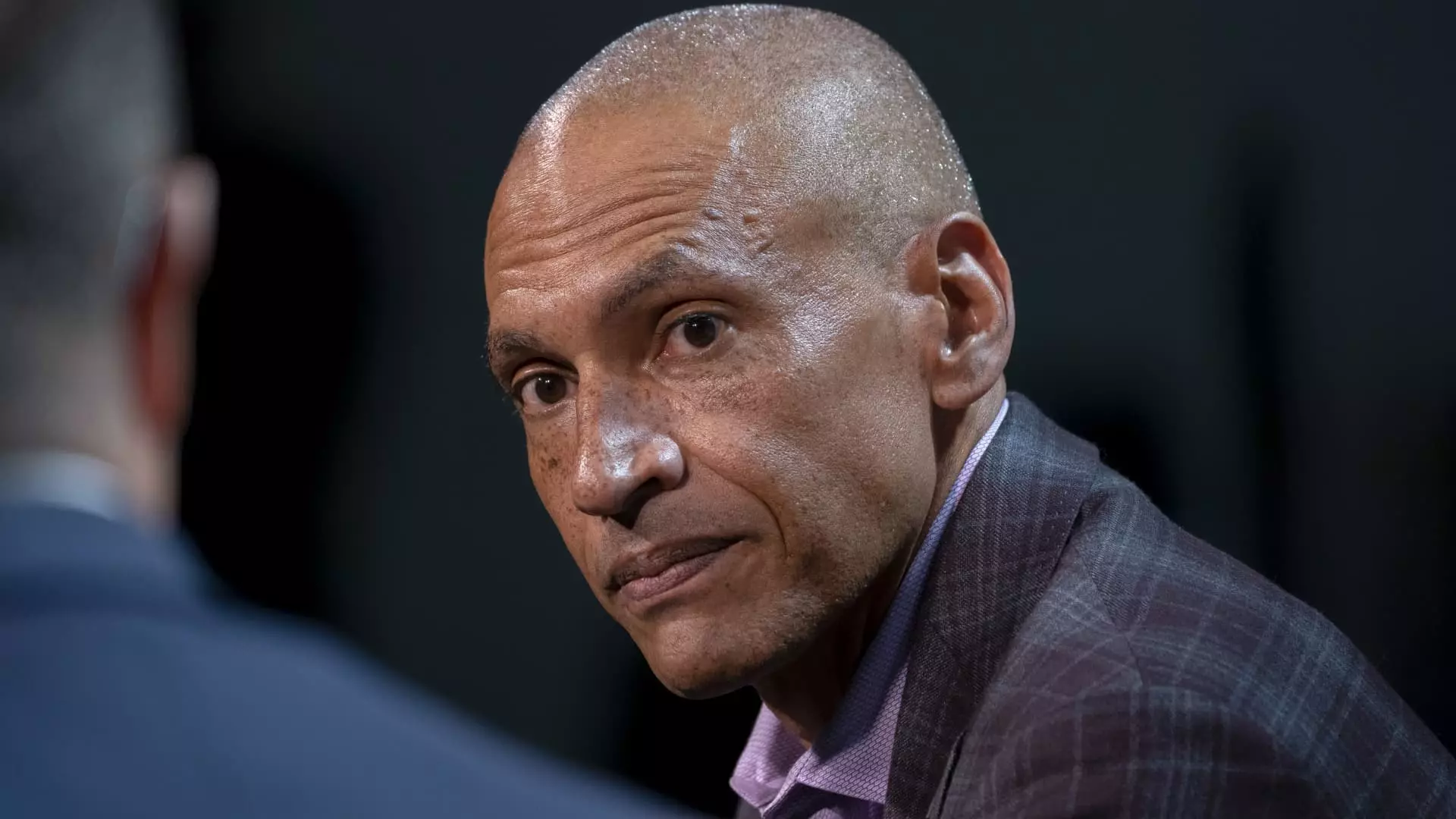In a landscape defined by rapid technological advancements and competitive market dynamics, leadership transitions often dictate the trajectory of major corporations. Recently, Microsoft announced the resignation of Chris Young, the head of business development, following four impactful years with the company. This signals not just a personnel shift, but raises questions about Microsoft’s strategic direction and how it will adapt to an evolving digital landscape post-Young. The absence of a named successor adds to the uncertainty surrounding the company’s future initiatives.
Chris Young joined Microsoft in 2020, stepping in from his role as CEO of McAfee, where he successfully led its separation from Intel. His tenure at Microsoft was marked by significant contributions, including his pivotal role in orchestrating the historic $68.7 billion acquisition of Activision Blizzard—marking it as Microsoft’s largest acquisition to date. He was part of the senior leadership ensemble that included noted figures such as CEO Satya Nadella and CFO Amy Hood, which underscores the influence he wielded within the organization. His expertise in corporate strategy was instrumental in various high-profile initiatives, including enhancing partnerships with industry leaders like OpenAI and forging advertising alliances with platforms such as Netflix.
From a financial perspective, Young’s compensation package reflected his high-stakes role, earning approximately $12 million in the 2024 fiscal year—positioning him among Microsoft’s top earners. His stewardship of M12, Microsoft’s corporate venture arm, resulted in strategic investments in innovative startups such as Innovaccer and PsiQuantum. This effort has not only nurtured an ecosystem of burgeoning technologies but also aligned with Microsoft’s goal of fostering entrepreneurship and innovation within the tech space. However, as M12 prepares to shift its focus to closer collaboration with Microsoft, the question remains—how will this shift impact the startups it has invested in?
Beyond his professional achievements, Young distinguished himself as a critical advocate for diversity and inclusion within the technology sector. His leadership style encouraged open dialogues regarding these essential issues, earning respect and recognition throughout the industry. Microsoft’s departure from traditional diversity programs seen in companies like Amazon and Meta raises alarms about the continuity of these vital initiatives. His exit represents a potential setback for ongoing efforts to elevate underrepresented voices in tech, and the company will need strong leadership to perpetuate this critical cultural foundation.
The departure of Chris Young leaves Microsoft at a crossroads. His strategic insights and leadership were invaluable in navigating major projects, and the impending void will challenge the company to continue fostering innovation and inclusivity. Looking ahead, Microsoft must identify a successor who not only possesses significant expertise but also shares the vision for an inclusive tech community. As the industry witnesses rapid transformations, the ability to maintain progress in both business development and diversity initiatives will be paramount for Microsoft’s enduring success.


Leave a Reply